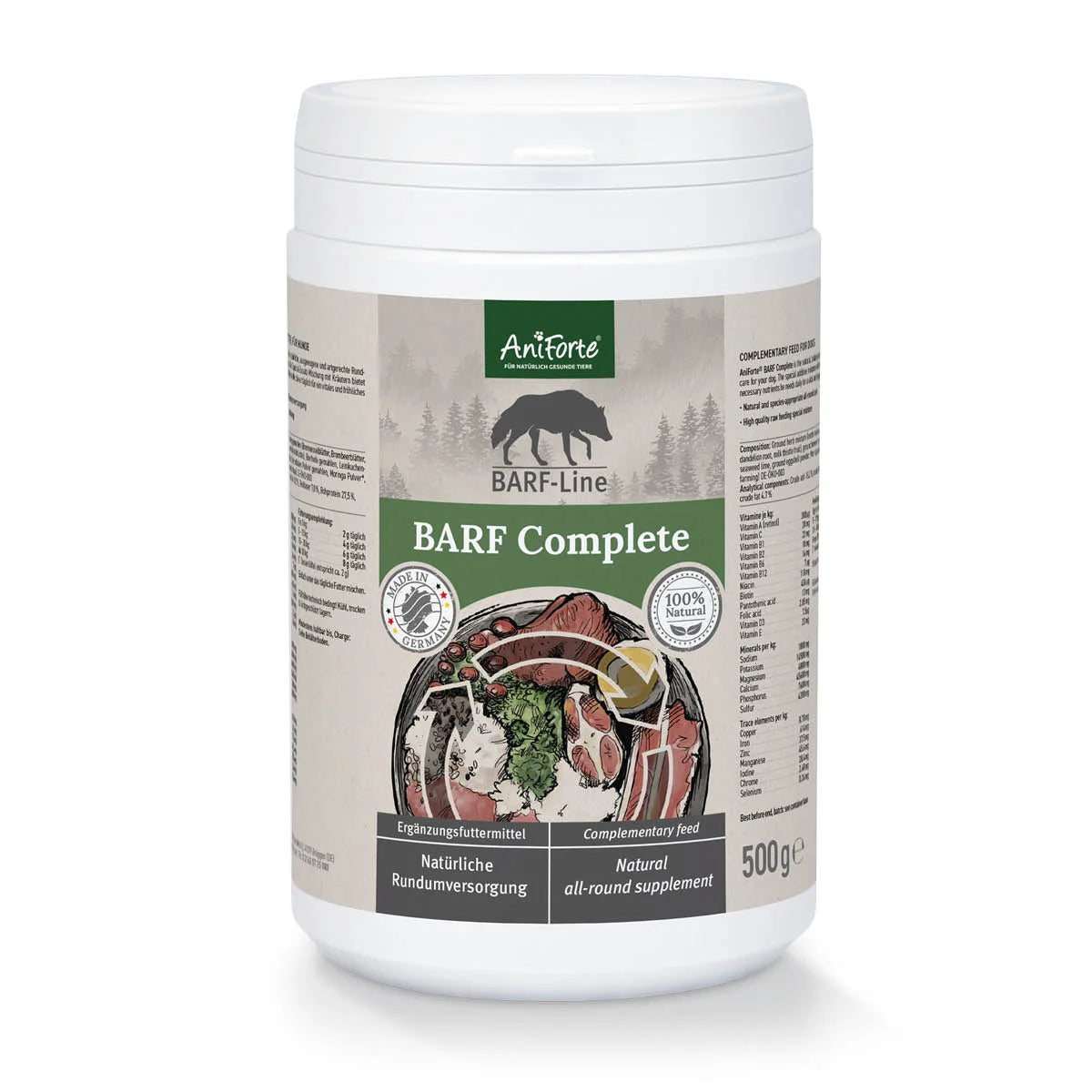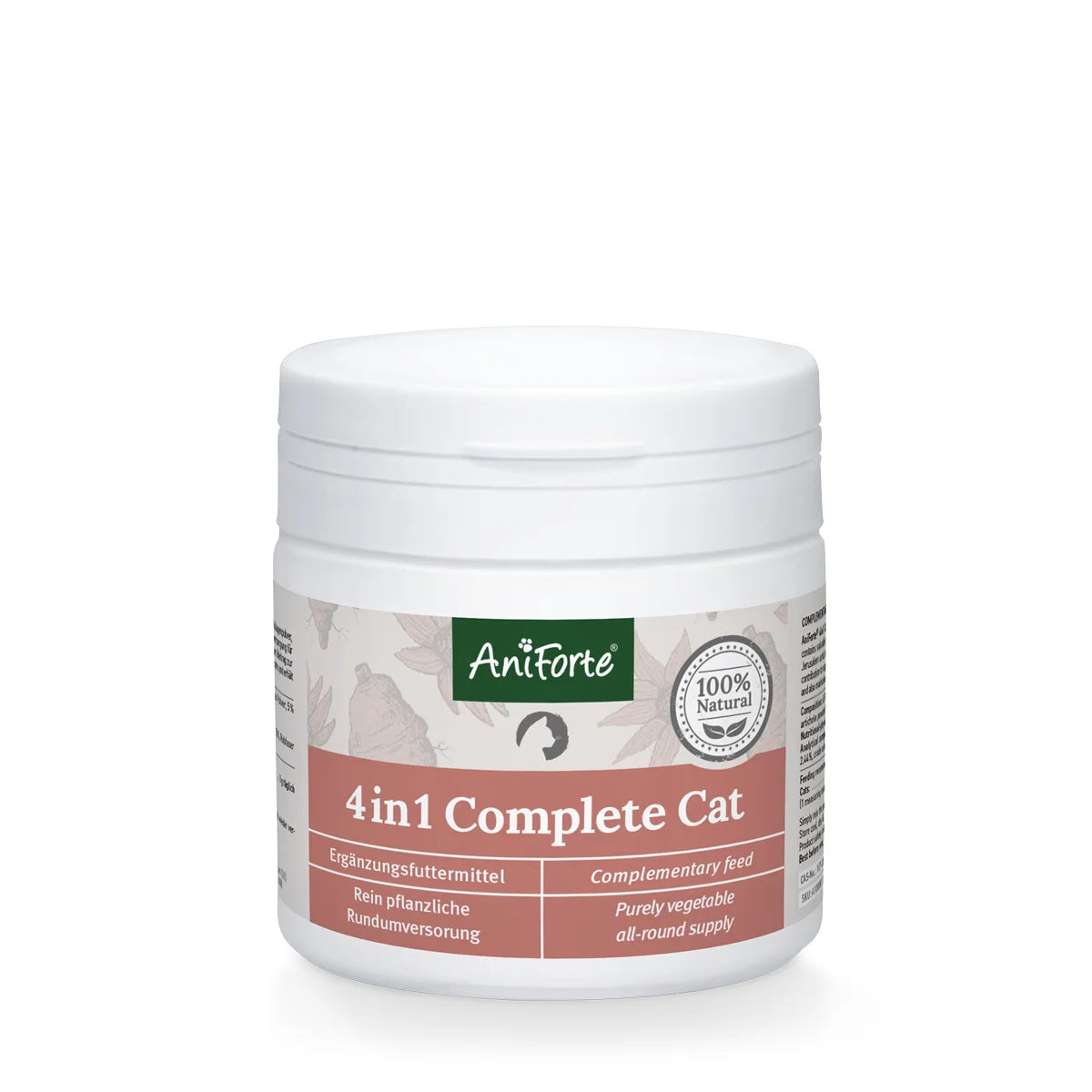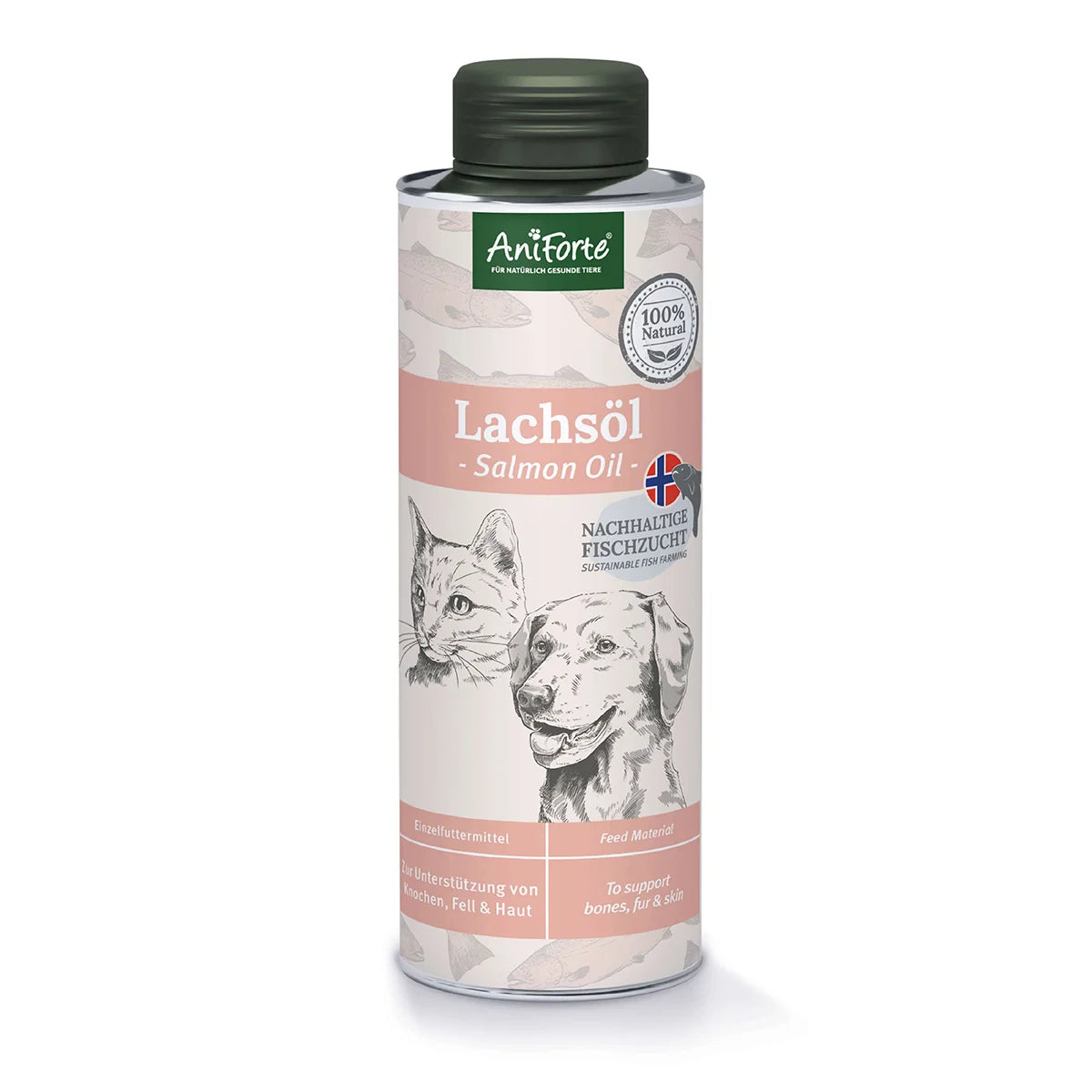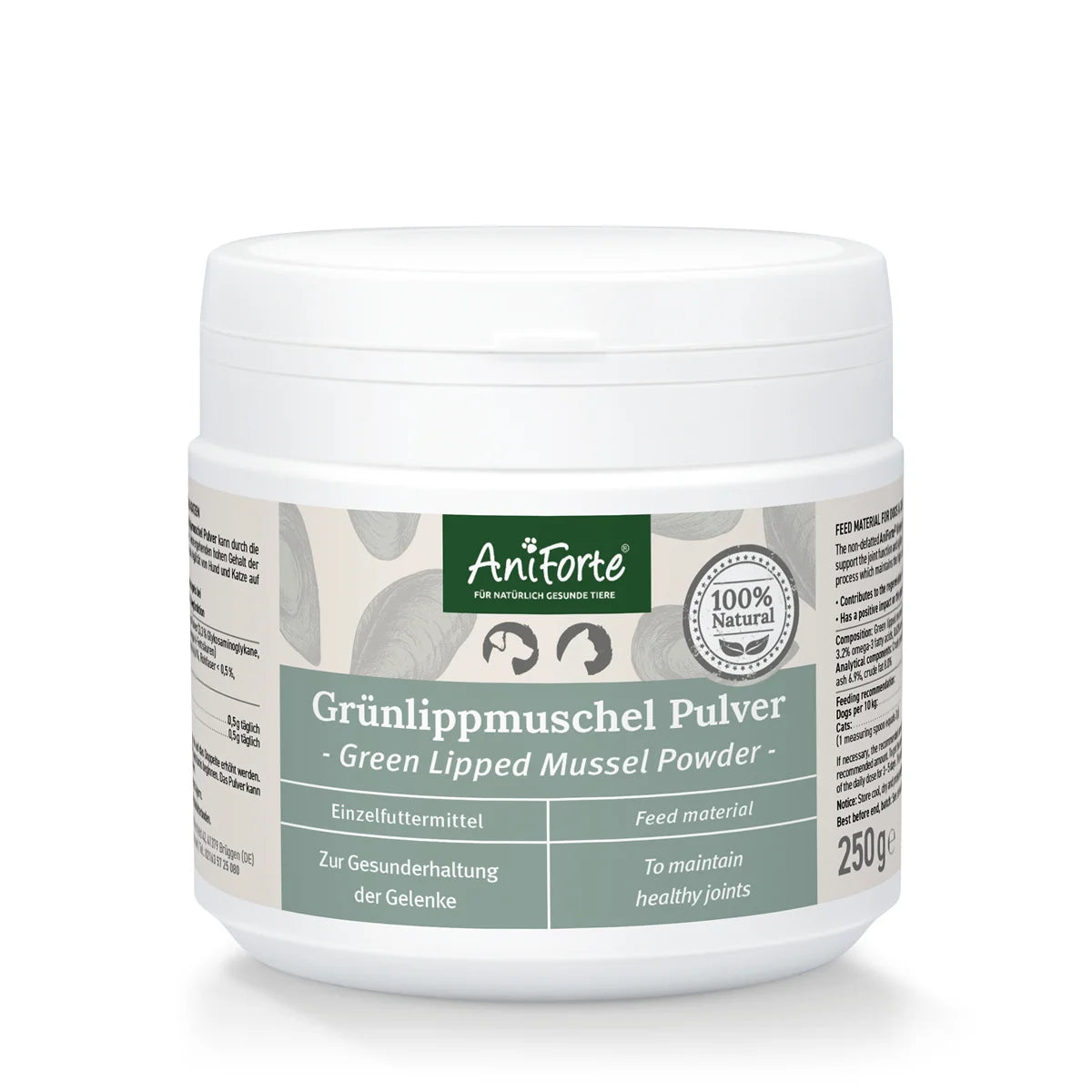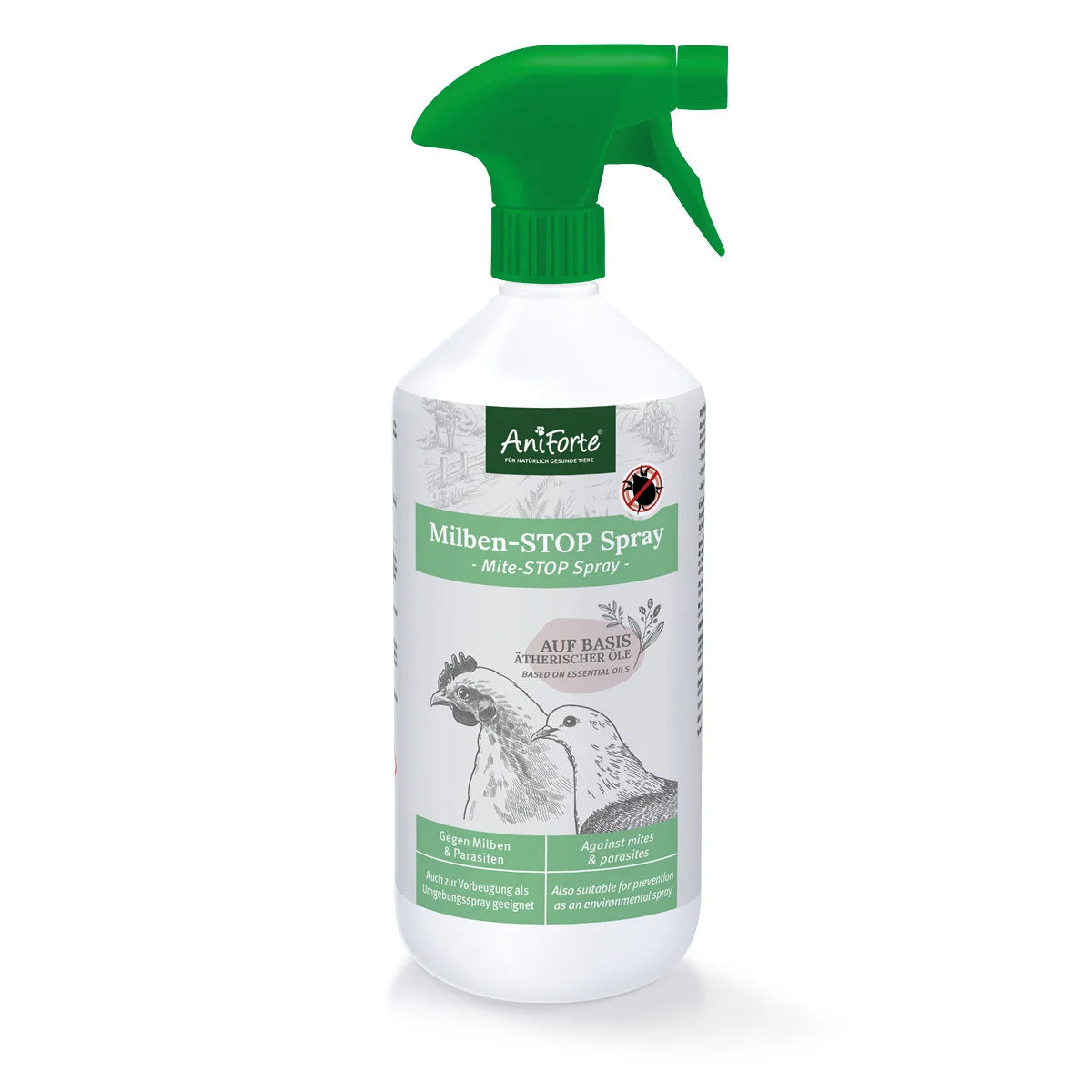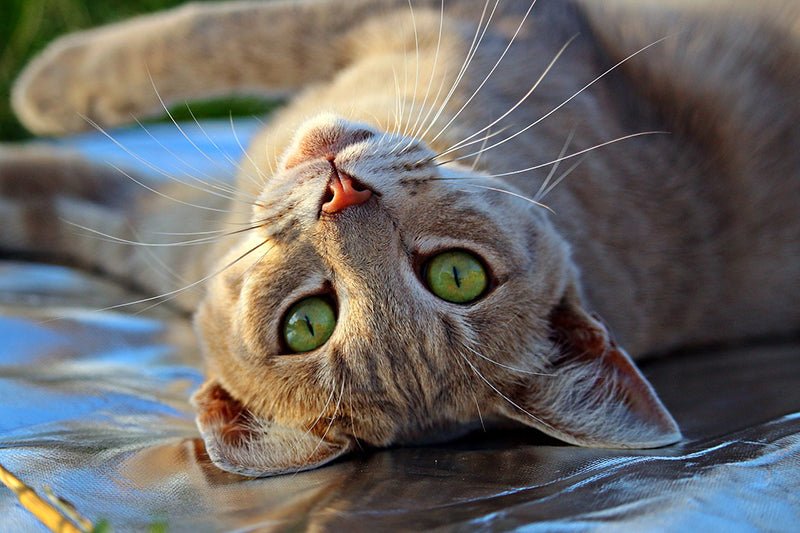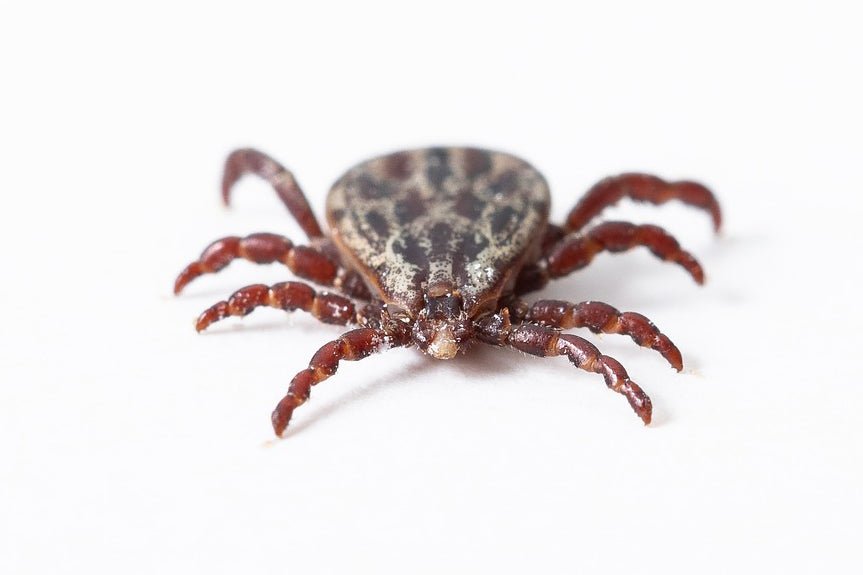
Cats often give their owners headaches when it comes to food consumption. They can be quite picky about their food and sometimes even go on hunger strike. But if your cat usually eats very well, then you should take notice if she hasn't touched food for a few days.
Reasons and causes - why does the cat refuse to eat?
Many cat owners are familiar with the problem: the cat no longer eats or only eats very little. If your cat refuses to eat, there can be many different reasons - from a harmless disinterest to a slight upset stomach to a serious illness.
Especially with outdoor cats, a dangerous illness does not always have to be the cause of a skipped meal. A captured mouse or the cat being fed by neighbours are very common and can lead to a boycott of the food in their own bowl. Changes in their living situation can also be the cause of the cat’s reduced appetite.
Temporary causes of loss of appetite in cats
- Stress, including fraught relationships with other cats
- Moving to a new home
- Unusual surroundings
- Mourning a caregiver or an animal companion
- Being alone too frequently
- Visit to the vet
- Neighbours feed outdoor animals
- Decreasing sense of smell and taste in old age
These are usually harmless reasons why your cat eats poorly or not at all. After a few feed interruptions, normal eating behavior should level off again. If she eats small amounts in between or also likes to eat treats, you should watch her to see whether she shows any additional physical symptoms.
Here is a different story, however: if the cat does not want to eat, is emaciated and only sleeps, you should have a veterinarian check the health of your pet. If your cat does not feel well or is even slightly ailing, health factors can be the cause. You should play it safe here!
Cat stops eating - physical causes:
- Hormonal imbalances
- Digestive problems
- Poisoning
- Food intolerance or allergy
- Kidney or liver disease
- Thyroid problems
- Infection of the pancreas
- Medication
- Acute illnesses such as fever or cold
- Parasites
- Dental problems
Some of these health problems are accompanied by other symptoms such as fever, emaciation, severe fatigue and also problems with digestion. We definitely recommend visiting a veterinarian and clarifying the state of your cat's health.
In addition to health problems, the food itselfcan also be the cause. Your cat sniffs at the food, but doesn't eat? Various causes can prevent the sensitive animals from eating. If you also have a picky eater at home, you will surely know how difficult it is to find the right food for your furry friend. Whether it’s the consistency, the smell or certain ingredients, a clear cause can rarely be determined why cats refuse to eat. Unfortunately, there is nothing left to do but trial and error. Depending on the cat's sensitivity, this can be quite tiring until the right food is found.
Reasons for the cat sniffing the food, but does not eat:
- Unusual food
- Too little variety
- Overfeeding
- Sensitivity to ingredients
- Food consistency
- Expired food
- Lack of freshness
What to do if the cat no longer has an appetite
If physical and psychological causes are excluded, there are a few steps you can take to help your cat regain her appetite. Try to spice up the current food with tasty additives to try and outsmart your furry friend.
The following appetite stimulants can solve the problem of loss of appetite in your cat:
Salmon oil: Mix a little oil with the food, ideally salmon oil for cats. Salmon oil has an intense fishy taste and brings a little variety to the daily food bowl. In addition, it delivers important omega-3 fatty acids.
Tuna juice: The juice from a can of tuna is also suitable as an appetizer. Many cats love this fishy taste.
Yoghurt: Dairy products such as yoghurt or grainy cream cheese are other options for making cat food tasty and provide additional calcium for the cat's joints.
Mix in raw or cooked meat: Chicken fillet, beef goulash or ground beef delight many cat palates (warning: never feed your cat raw pork or boar!)
Baby food in jars: Make sure to use those that are safe for cats.
Warm up cat food: To intensify the scent, you can slightly heat the wet food. This makes the scent of individual components even more intense.
Awaken the hunting instinct: Through various search games and snack balls you stimulate your cat's hunting instinct and may be able to encourage them to eat.
Any additives should only be fed if the cat does not have any allergies or intolerances. Otherwise, use the foods that your cat can tolerate.
Is your cat a bad eater in general? Then you should spice up the food with additional nutrients. In this way, despite its small portion, your cat will consume more nutrients and you can prevent deficiency symptoms. In particular, supplements for the immune system and taurine for cats should be added.

